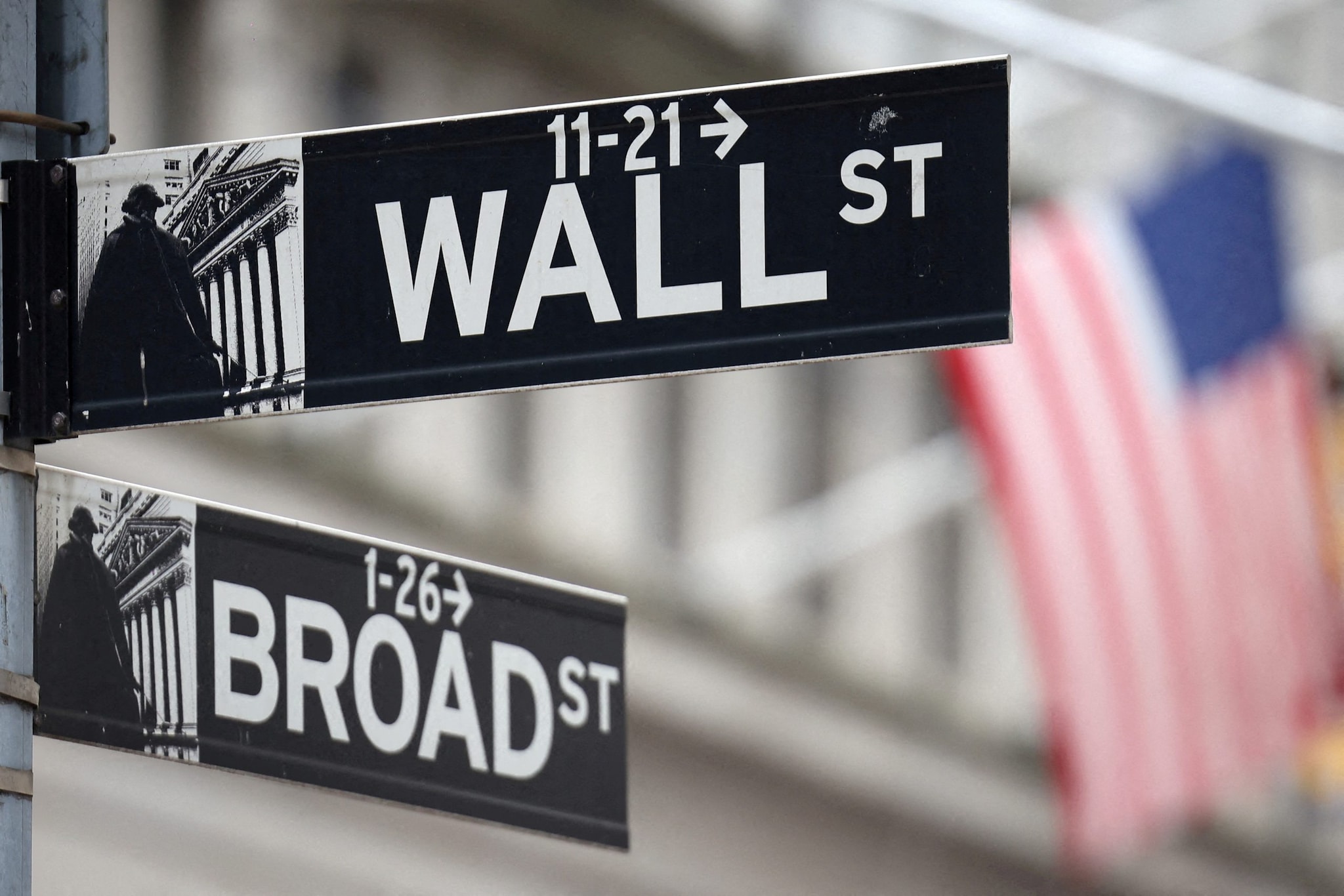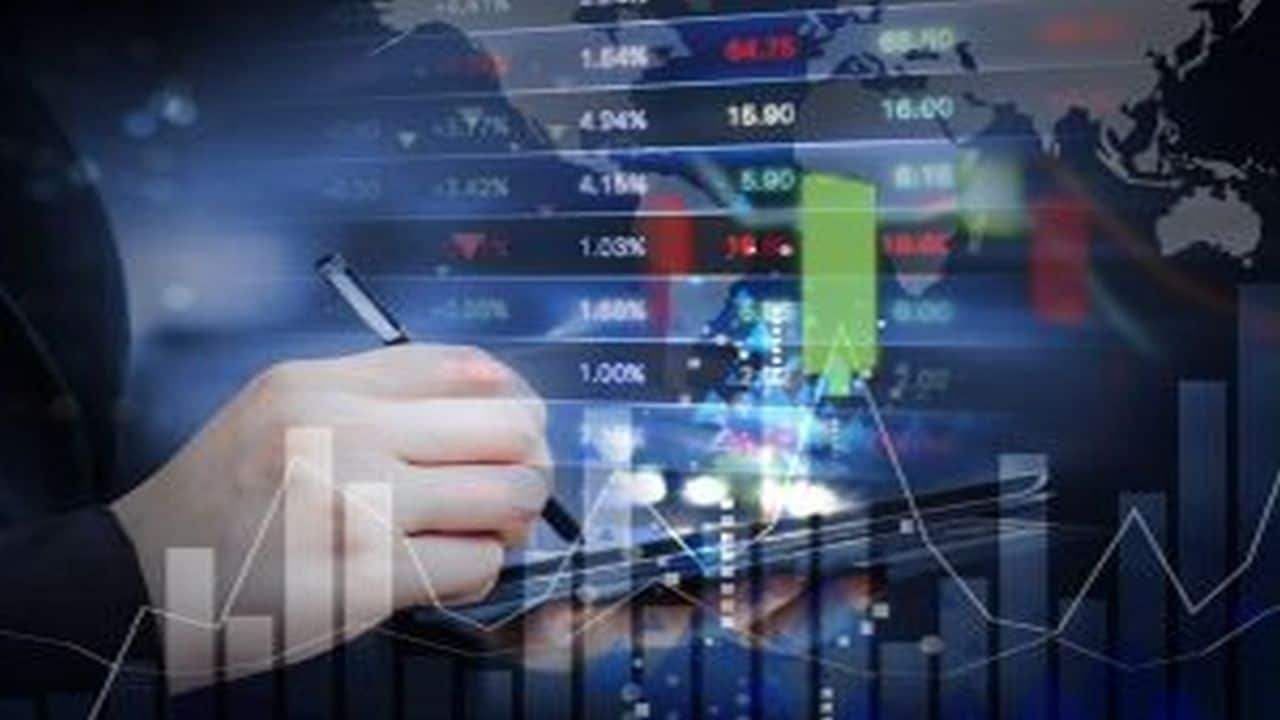Global market experts Ed Yardeni and James Knightley have sharply criticised the newly proposed US reciprocal tariffs, calling the policy misguided and politically risky.
Yardeni, President at Yardeni Research, described the move as a “disastrous policy” that could hurt the economy, increase inflation, and ultimately damage Republican prospects in the 2025 elections.
“This is not a good policy. This is a very bad policy,” Yardeni said, adding that the Trump administration’s push for broad-based tariffs may drive up inflation to 3-4%, leaving the Federal Reserve with little room to cut interest rates.
Also Read: How badly will Trump tariffs hurt India?
Knightley raised concerns about the math behind the tariffs. The US administration has included non-tariff barriers such as VAT, forex issues, and other charges to estimate trade imbalances, which they say inflates the figures significantly. Knightley, Chief Economist at ING, called the numbers “somewhat of a fabricated” estimate, suggesting that the 52% tariff figure cited for countries like India may be based on flawed logic.
“These aren't a scientific calculation of all the trade tariffs and all the barriers at all. It’s basically, seemingly, a fabricated number,” Knightley said, explaining that the ratio appears to be derived from dividing the US trade deficit by the total value of imports — not actual tariff rates.
Yardeni also warned of economic fallout. While he still sees some long-term potential for the US economy, he has lowered his 2025 GDP growth estimate to 1.5% from the earlier 2.5–3%, citing the drag from higher tariffs and slowing consumer spending. He has also lowered his S&P 500 target from 7,000 to 6,000.
Also Read: Trump imposes 27% tariffs on imports from India
“This has the potential to bring inflation back in a serious way,” Yardeni said. “And the notion that foreigners pay tariffs is absurd. The reality is Americans are going to pay the tariff.”
Yardeni also pushed back on expectations of Federal Reserve rate cuts, stating, “You can’t possibly lower interest rates when inflation is significantly above its 2% target.”
Knightley, meanwhile, remains cautious about the broader impact on Asian exporters, suggesting that reduced US consumer demand could weigh on growth in trade-dependent economies.
For the entire interview, watch the accompanying video

 1 month ago
1 month ago













